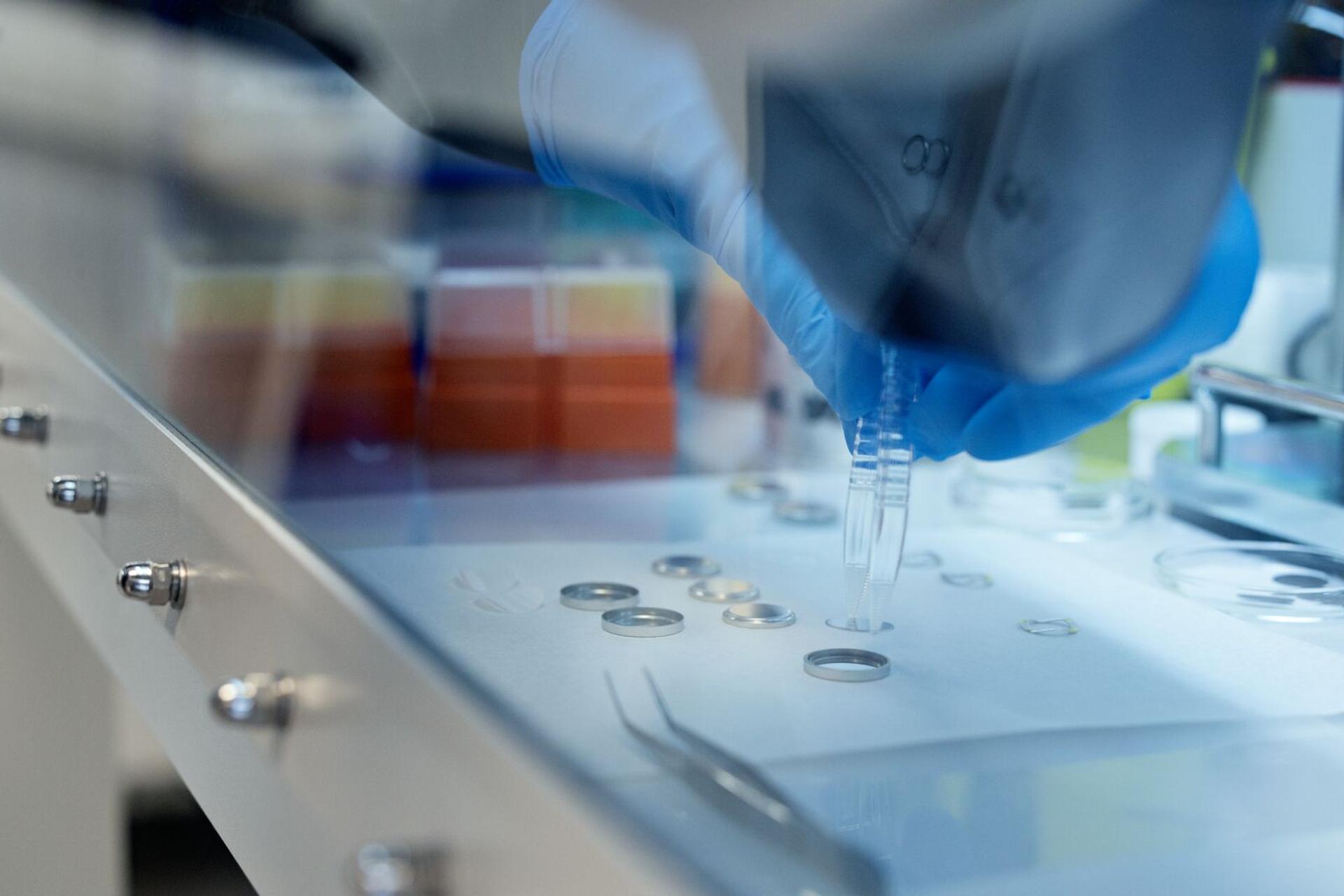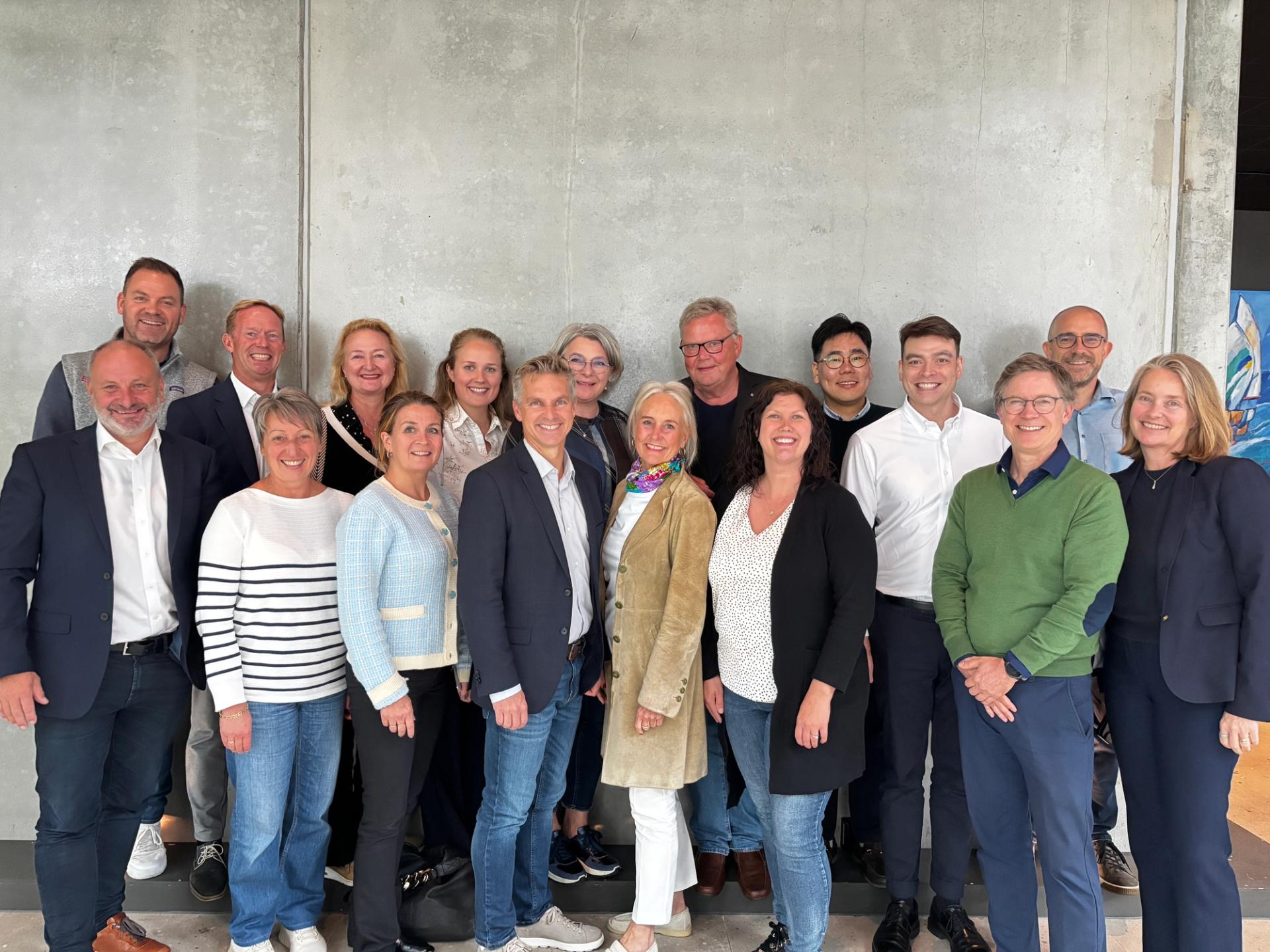Battery year in review 2022: Norway tops global sustainability ranking

"The synergy of Nordic cooperation is undeniable. Together we are a sustainable battery powerhouse," says Benedicte Fasmer Waaler, Investment Manager at Invest in Norway.
The Bloomberg report ranked 27 countries worldwide in five categories of the global lithium-ion battery supply chain. In addition to taking first in "ESG" (Environmental, Social and Governance), Norway came in third in “Industry, innovation and infrastructure”. As a group, the Nordics ranked in the top eight overall.
Building on this synergy, Finland, Norway and Sweden have taken steps this year to formalise their collaboration. In 2022, this culminated in a joint vision: "By 2026 the Nordic region has attained a leading position in Europe as a sustainable, competitive and innovative battery ecosystem."
Note that the vision focuses on Europe, not the world at large. This coincides with the emergence of three distinct regions for battery ecosystems. "In Asia, Europe and North America, there is a global race to establish one’s own regional battery value chain," says Fasmer Waaler.
Norway firmly inside the EU club
Any fear that Norway would be locked out of the European battery region was alleviated in 2022 with establishment of a formal EU-Norway partnership on batteries and raw materials. Under the Green Alliance umbrella, the partnership gives Norway full participation in all EU activities in the battery arena.
"The partnership weaves Norway and the EU so tightly together that Norway will function as part of the EU in batteries and raw materials," says Fasmer Waaler.
"The agreement ensures a win-win situation. Norway is fully included in the EU battery region and EU countries benefit from Norway’s green battery technology and position as a leading energy supplier to the European continent," she adds.
Government pours millions into batteries
In a major show of support for the industry, the Norwegian Government published a national battery strategy in 2022.
"The strategy marks a new industry being born. Government and industry need a plan for moving forward together. It's part of a larger strategy on the green transition, in which batteries play a crucial role," says Pål Runde, head of Battery Norway, the industry organisation that gave input on the strategy.
Millions of kroner have been distributed to industry through government-owned entities such as Enova , Innovation Norway and the Research Council of Norway. In 2022, Norway’s three battery cell manufacturers – Beyonder, FREYR Battery and Morrow Batteries – all received significant public funding.
“The strategy marks a new industry being born. Government and industry need a plan for moving forward together.”
Pål Runde, Head of Battery Norway
Norway shares its green superpowers
In 2022, Norway launched the world’s first fully electric fast ferry. Named Ship of the Year, MS Medstraum is the successful outcome of the EU-funded TrAM project, which brought together Norwegian and European partners in a public-private collaboration.
Medstraum will transport passengers between Stavanger, Norway, and the city islands, replacing the traditional fossil fuelled fast ferry on this route. The electric ferry will reduce CO2 emissions equivalent to 30 buses each year.
"Medstraum is already stirring great interest internationally. The maritime industry worldwide is now looking at what we are achieving with zero-emission solutions along the Norwegian coastline. It seems like the market is ready as soon as the technologies are proven," says Håvard Tvedte, Head of Public Affairs of Maritime CleanTech, the business cluster that initiated the project.
In a uniquely Nordic concept, Beyonder draws on Norway’s vast, renewable forest resources by turning sawdust into battery cells. Already eco-friendly, Beyonder aims to reduce its carbon footprint even further through a Letter of Intent (LOI) with Stora Enso of Finland, another sustainable forestry heavyweight.
“It’s been a very interesting year. Batteries comprise a huge ecosystem, and even the Nordics cannot do it alone.”
— Benedicte Fasmer Waaler
Norway has a more or less complete green battery value chain
“We have lots of experience in producing materials which, until now, have been mostly exported. Now we can turn them into sustainable battery cells and systems.”
— Pål Runde
Largest battery recycling plant in Europe
As Runde points out, the rest of the battery ecosystem must not be overlooked. "We always hear about battery cell manufacturing, but Norway has a more or less complete green battery value chain," he says.
He highlights two areas in which Norway excelled in 2022: materials processing and recycling.
"We have lots of experience in producing materials which, until now, have been mostly exported. Now we can turn them into sustainable battery cells and systems," says Runde.
One notable example is the Nordic collaboration Vianode, which opened its new advanced battery materials plant in Herøya, Norway. The graphite materials produced there will have up to 90 per cent lower CO2 emissions than today’s standard materials.
At the other end of the value chain, Hydrovolt began commercial operations of Europe’s largest EV battery recycling facility. Through recycling, Hydrovolt recovers copper, plastics, aluminium, and “black mass” containing valuable metals such as nickel, manganese, cobalt, graphite and lithium. The company is wholly owned by Norwegian industry giant Hydro.
All in all, battery developments in Norway support the validity of the 2022 Bloomberg report, whose lead author writes: "A solid foundation on domestically realised resource wealth, bolstered by responsible and ethical production, is the main theme of the rankings this year."

